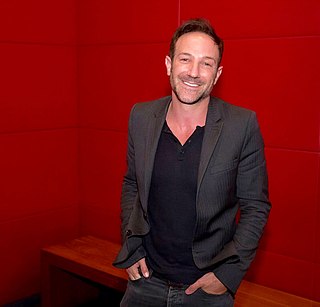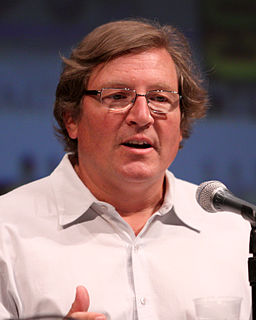A Quote by Neal Shusterman
That's what law is: educated guesses at right and wrong.
Quote Topics
Related Quotes
You know we receive an education in the schools from books. All those books that people became educated from twenty-five years ago, are wrong now, and those that are good now, will be wrong again twenty-five years from now. So if they are wrong then, they are also wrong now, and the one who is educated from the wrong books is not educated, he is misled. All books that are written are wrong, the one who is not educated cannot write a book and the one who is educated, is really not educated but he is misled and the one who is misled cannot write a book which is correct.
Education is the key to the future: You've heard it a million times, and it's not wrong. Educated people have higher wages and lower unemployment rates, and better-educated countries grow faster and innovate more than other countries. But going to college is not enough. You also have to study the right subjects.
Law is a process. If there is equality of process for everybody, then that's our definition of justice. Whether or not what is done is right or wrong, you follow the process. And so, the end result is just by definition within that alternative universe that is American law. Most people still operate within a moral universe where principles of good and bad and what is right and wrong in itself, and not just as a result of the process.
I always believe, with any kind of hero, that you want to believe that their decision-making is right. That ultimately, I can trust what that guy's sense of right and wrong will be. Even in a vigilante movie, where you are going against the law by definition, you still want to agree with the fact that your character is breaking the law.


































